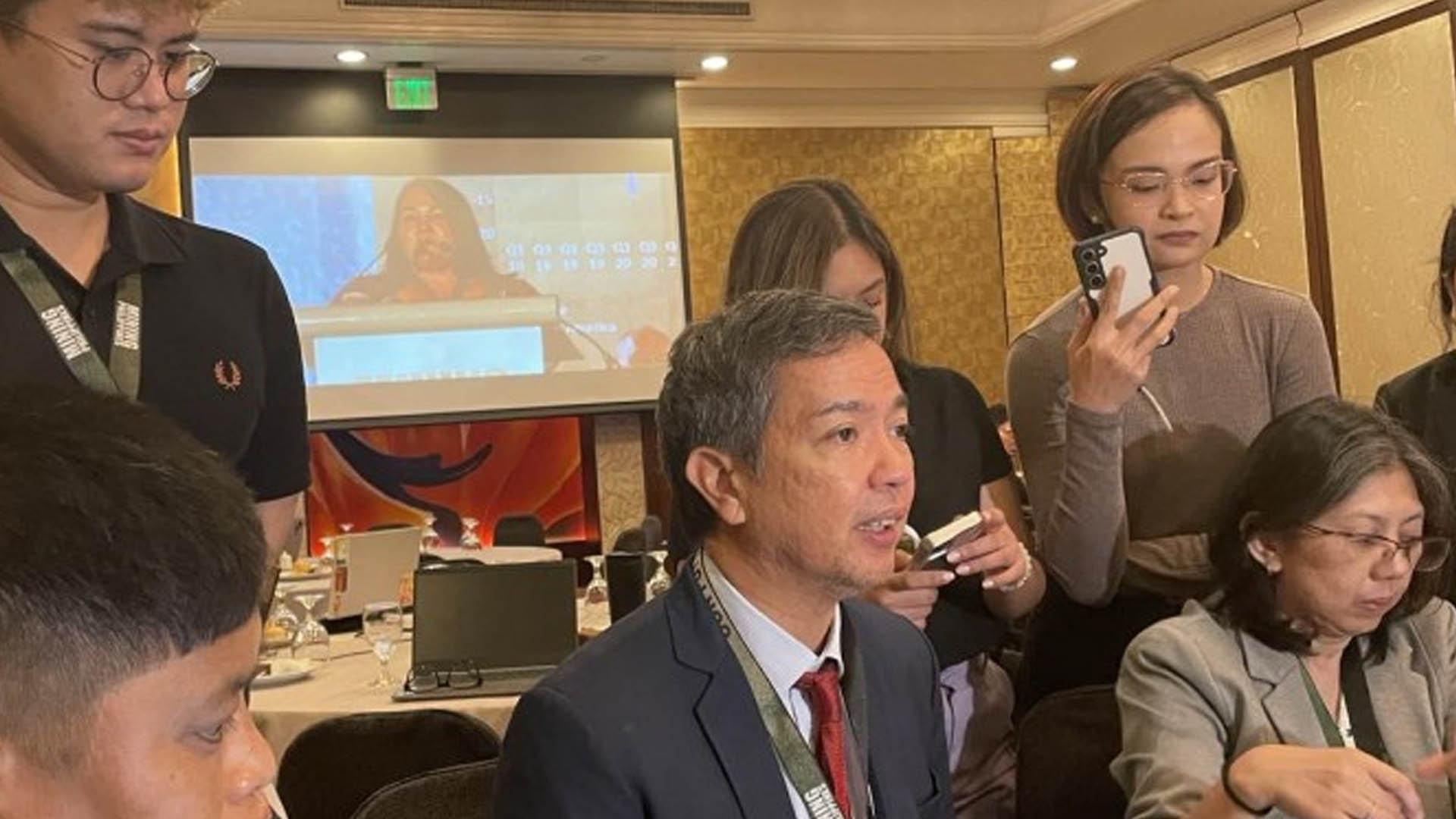The Department of Environment and Natural Resources (DENR) raised the need to have at least one more nickel processing plant in the Philippines to maximize the value of the country’s mineral resources.
“Our benchmark is Indonesia, how much they can process. They are processing all their [nickel] laterite ores,” said DENR Undersecretary for Integrated Environmental Science Carlos Primo David in an interview at the sidelines of Mining Philippines 2023 International Conference and Exhibition organized by the Chamber of Mines of the Philippines (COMP) at the Edsa Shangri-la in Mandaluyong City on Tuesday.
At present, the Philippines only has two nickel processing plants.
Raw nickel ore is a critical component of electric vehicle batteries. It is also processed to create stainless steel, which is used in the development of megacities and renewable energy technology.
According to David, the largest deposits of nickel in the country are found in Zambales, Caraga, and Palawan.
“We have a rough timeline. Definitely, within this administration, we should add more to the two that we have for nickel. There are two existing. We should add at least one hopefully in Zambales,” he said.
David, however, said “I think, there should be one more in Caraga region as a whole. Then Zambales and another one in Palawan.”
Government-led exploration
He said DENR is also looking at embarking on more focused government-led exploration targeting critical minerals needed to transition to renewable energy.
David, who represented DENR Secretary Maria Antonia Yulo-Loyzaga during the event, expressed DENR’s support to the mining industry in terms of governance and regulation, citing the potential of the country’s minerals development sector to be an important player in the global renewable energy transition market.
“The government has a budget of PHP60 million for minerals exploration. But it’s like a shotgun exploration. What we want to do is to focus on certain areas,” he said.
“We wanted to focus that small budget and revive exploration by government. Hopefully, when we do the initial exploration, there is enough information for the private sector to get interested and continue the exploration,” he pointed out.
The DENR executive said the government-led exploration aims to identify minerals and declare more mineralized areas.
“We wanted to help the industry with this critical step. Before you develop, mining starts with exploration. It should be government-initiated,” he stressed.
Digitization
The DENR meanwhile said it is investing in the digitization of all mining-related information and the processing of applications and permits.
Yulo-Loyzaga, in the speech read by David, said the department has “substantially completed migrating all data onto a single platform, with the exception of data from one last division in the Mines and Geosciences Bureau (MGB).”
She said digitization will help make DENR procedures more efficient, leading to shorter and more transparent processing of permits and applications.
In his welcome remarks, COMP Chairman Michael Toledo said among the notable positive changes are the lifting of the moratorium on new mining projects and of the ban on open pit mining. (PNA)





















